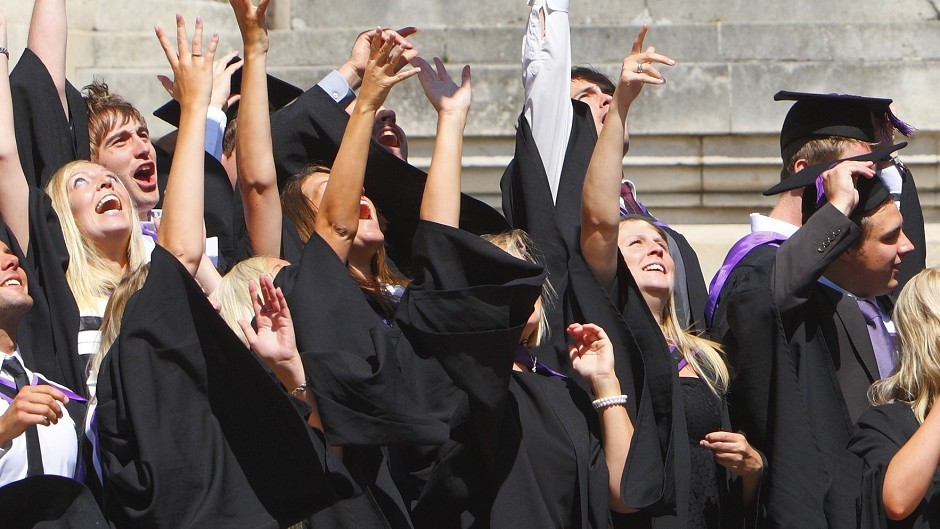The majority of university academics and administrators are set to back the union, according to a new poll.
An online poll found that 54% of respondents said they would vote No, compared to 40% voting Yes.
At Aberdeen’s Robert Gordon University 41% intend to back separation while the figure for Aberdeen University was 46%.
When asked what outcome would be best for Scottish universities, 55% across the country opted for remaining in the UK versus 30% for independence, with the remainder saying it would make no difference or not sure.
Similar results were found for both Aberdeen and Robert Gordon universities.
Professor Hugh Pennington, emeritus Professor of Bacteriology at Aberdeen University and an active member on the pro-union Better Together campaign, said: “This is a remarkable study which confirms that the overwhelming view of university experts is that the best and brightest future for our world-class universities is as part of the UK. This means more opportunities for our young people and generations to come.
“With just days to go until we make the most important decision in Scotland’s history, we still don’t know how our world-class universities would be paid for. This is a risk we just don’t have to take.
“To settle for less than being a global leader in education is selling Scotland short and that is why we should say ‘No Thanks’ to separation.”
Murray Pittock, English literature professor at Glasgow University, and a leader in the pro-independence group Academics for Yes, argued the No lead was not as large as expected from a group mainly drawn from the top social classes who, as polls had shown, were more likely to be anti-separation.
He also argued that the grassroots feelings at universities was swinging towards Yes.
The poll of more than 1,000, carried out last month by an educational magazine, found that the loss of UK research funds was a major factor among those planning to vote No.










